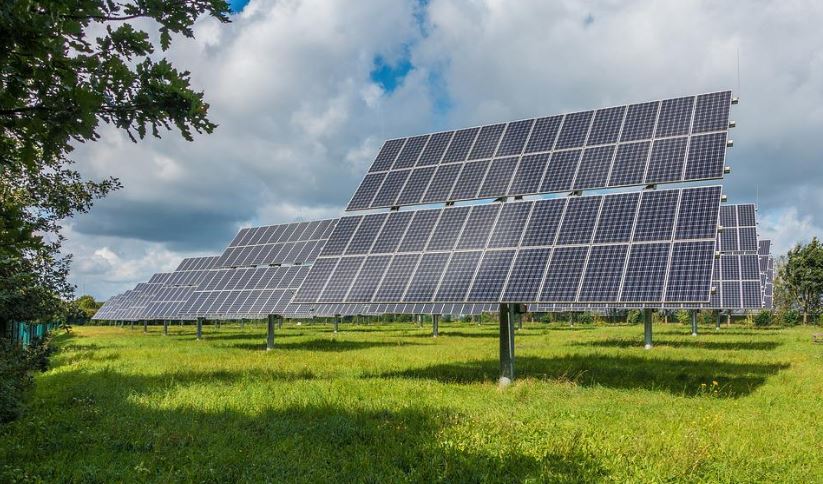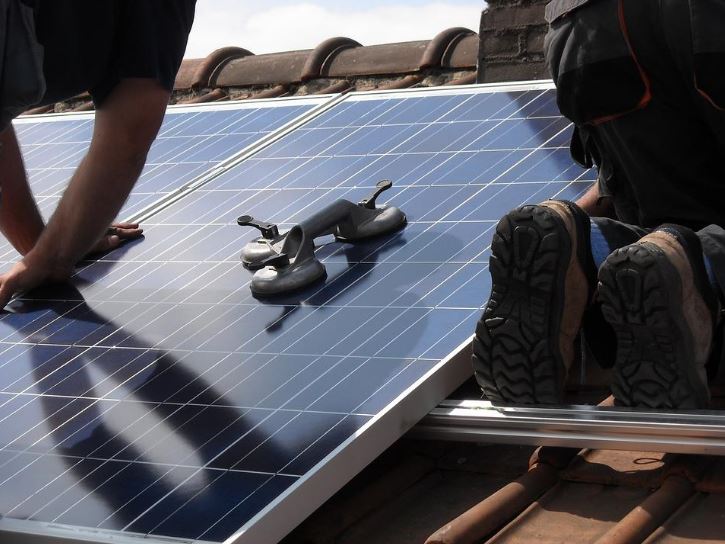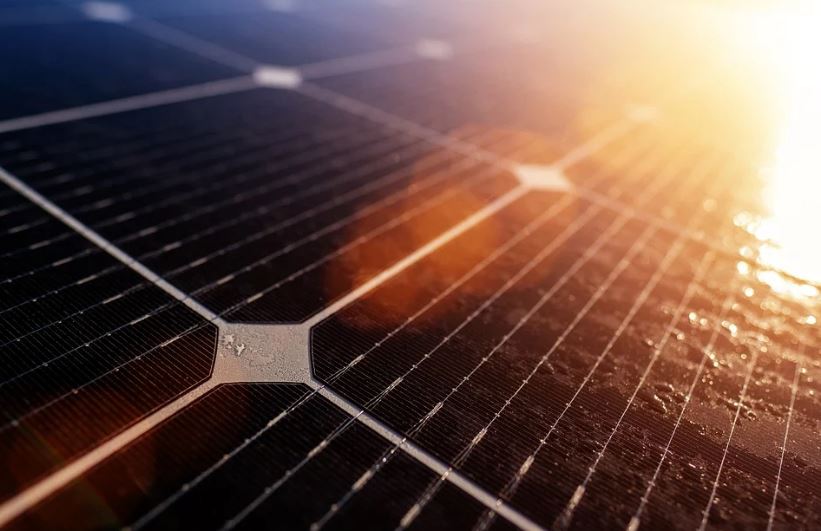Over the years, we have created different ways to power machines and gadgets at home and in buildings, and one of the most used ways to get power besides electricity is through solar panels. According to studies, solar panels can last for 25 to 30 years, but once they are at the end of their lifespan, can they be recycled and used for other purposes? We will find out more about their recyclability as we take a look at the materials used to make solar panels and how they can be recycled.
What are the Materials of Solar Panels?
Solar panels are constructed to have silicon as their semiconductor, which would then enable the panels to convert sunlight into electricity. Then, in order to move that electricity into the copper wiring connected to the solar panels, there would be thin strips of metal or silver that are laid in a crisscross pattern on the silicon sheets or crystals.
The cells made up of silicon and metal are then protected on top by a barrier made up of transparent EVA, a type of plastic that is flexible and durable. On top of the EVA (ethylene-vinyl acetate) barrier is a layer of glass that adds more protection to the solar panels. Then, on the bottom, there is a different kind of plastic called PET (polyethylene terephthalate) that serves as protection too. The various layers of the solar panels are utilized to allow sunlight to pass through the silicon without being damaged by outdoor elements. Because of the various layers and materials involved in the creation of solar panels, dismantling or disassembling them can be quite difficult.
Can Solar Panels Be Recycled?
Because of the different layers that are glued together, recycling the parts and materials of the solar panel can be difficult since you would need to loosen the adhesives that stick the layers together, and to do that, you need to expose the panels to high temperatures. What’s unfortunate about solar panels is that most of their parts and materials are highly recyclable, like the glass panel at the top and the aluminum frame used to house the silicon crystals, but they can be challenging to separate by hand once they are glued together using a strong adhesive.
Due to how difficult it is to disassemble and recycle solar panels, many of its users and manufacturers would often just discard them rather than recycle them, which would then add more to the E-waste of the world. E-waste, also known by some as electronic waste, is a type of waste that is composed of discarded electronic and electrical devices, which include computers, smartphones, and solar panels.
E-waste is known for containing harmful materials, hence the reason why many agencies and groups around the world are finding solutions to reduce E-waste. One of the great ways to reduce this type of waste is by recycling. Fortunately, a few companies and organizations have also come up with different ways for solar panels to be recycled instead of just being discarded.
How are Solar Panels Recycled?
There are many ways for solar panels to be recycled, although these methods are not yet fully implanted in various countries in the world since solar panels are not yet fully commercialized and used for different industries. However, as alternative sources of power are becoming more popular in recent years, it is most likely that solar panels will receive a boost in sales or popularity, which would then allow agencies or organizations to fully implement recycling methods for panels that cannot be used anymore after 20 or more years.
One of the simplest methods to recycle solar panels is to reuse them, which means that you just have to replace certain parts of the panels to make them usable again. In addition to reducing waste in the environment, reusing a solar panel would also give people that don’t have the budget to pay panels for a full price an opportunity to try it. Reused solar panels are significantly cheaper compared to new solar panels, so it is also perfect for companies or preppers solar power that want to buy solar panels in bulk.
However, a reused solar panel may not be as powerful as new panels when it comes to converting sunlight to electricity, so they may not be suitable for buyers that want to get a lot of energy from solar panels. If a reused solar panel is already too weak for utility, it would be sent to a landfill, or its parts will be used for other purposes.
Once the solar panel is in the recycling center, it will be salvaged for parts. But, because there are only a few recycling facilities that separate parts and materials of solar panels, there is a much higher chance that used panels would just be discarded by the facilities.
Developing Ways to Recycle Solar Panels
In order to change the way people recycle, reuse, or discard solar panels, a waste management company based near Paris called Veolia created the first recycling line in 2018 that is specifically used for recycling solar panels. The recycling line features a mechanical recycling process that is effective in disassembling numerous parts of the solar panels. Veolia hopes that its new recycling line will eventually become more available for other waste management companies so that recycling solar panels would be more accessible.
Thankfully, a lot of recycling and solar energy-focused companies are developing various ways to recycle solar panels in the 2010s and beyond. Many companies proposed that chemical and thermal processes for separating solar panel parts are more effective and cost-efficient, although they are still developing methods to make those processes safer and more convenient to utilize by waste management companies.
It is inevitable for used solar panels to increase in numbers by the 2020s, so organizations, agencies, and companies are already on their feet to find the best possible solution for reducing the E-waste produced by used and discarded solar panels. In the near future, a lot of us are hoping that we can see more recycled solar panels and more recycled parts to be utilized for various purposes or functions.



